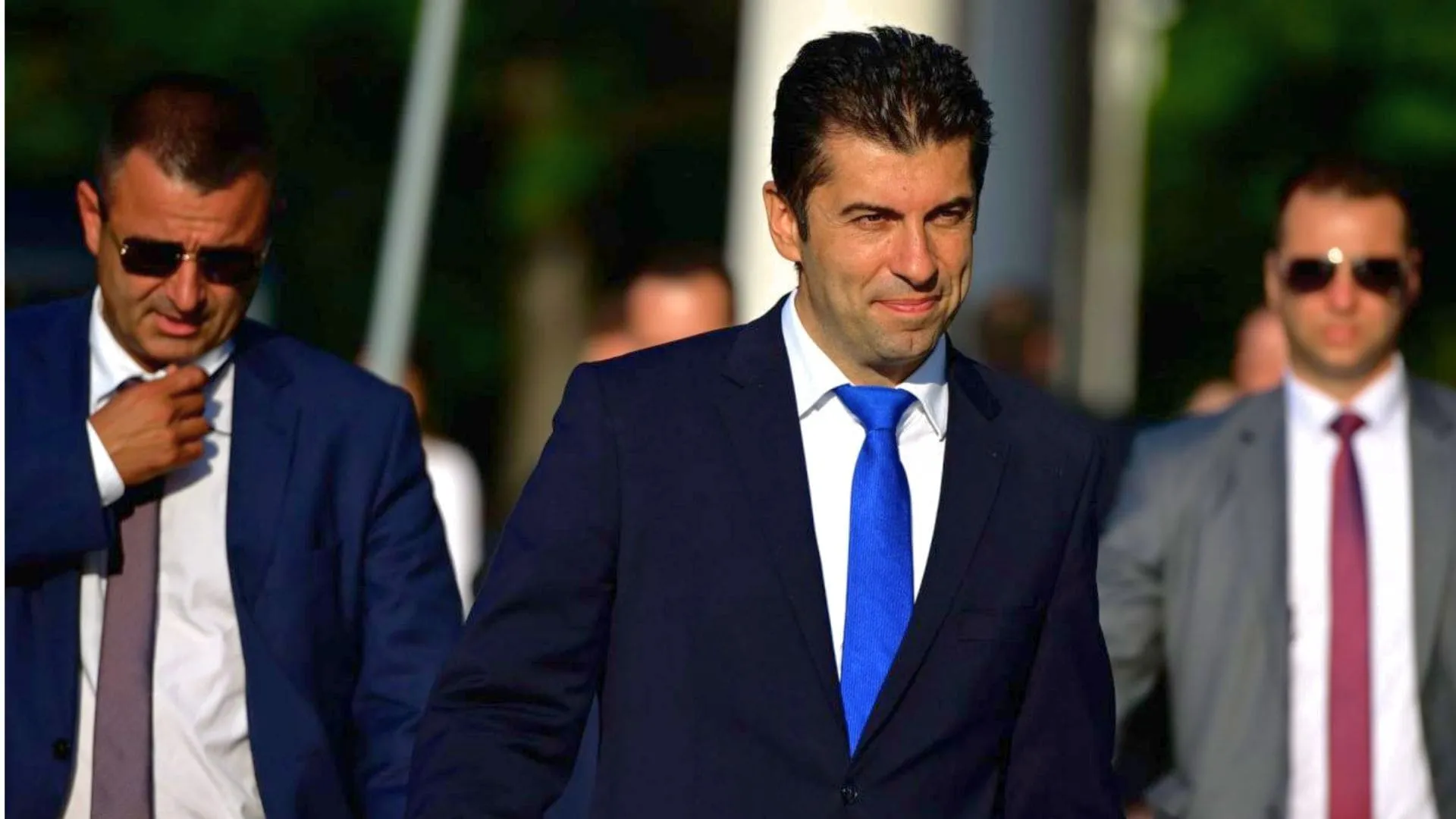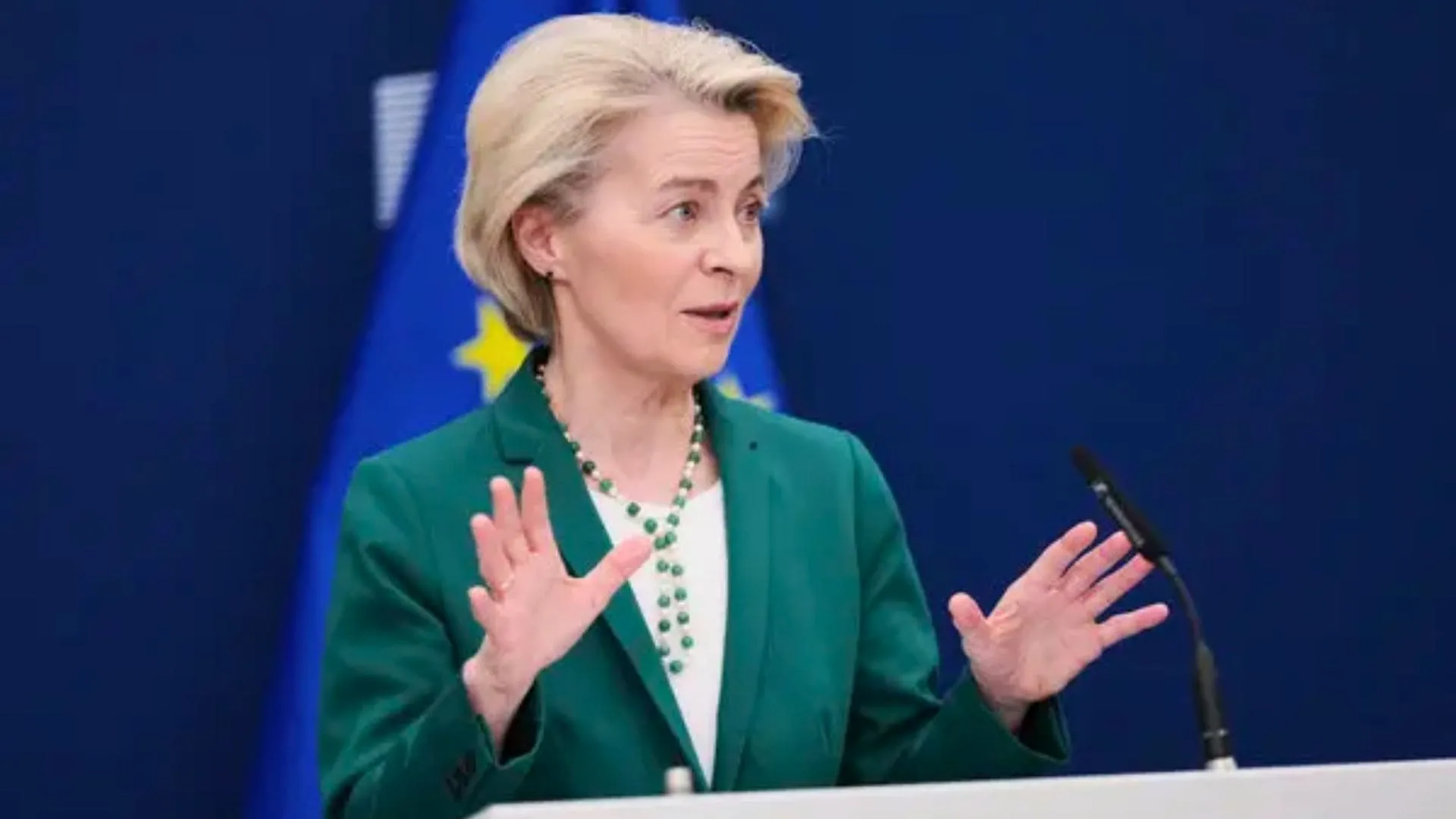Bulgaria has reaffirmed its pro-European stance by defeating a no-confidence motion targeting its foreign policy. The motion, initiated by the pro-Russian Vazrazhdane party and backed by nationalist groups Velichie and MECh, aimed to challenge the government’s support for Ukraine and compliance with EU sanctions against Russia. However, the attempt failed, securing only 54 votes in favor against 150 opposed in Bulgaria’s 240-seat parliament. The outcome underscores the government’s parliamentary stability and commitment to European integration, despite internal opposition and external geopolitical pressures.
No-Confidence Motion and Parliamentary Response
The Vazrazhdane party criticized Bulgaria’s foreign policy, particularly its support for Ukraine and compliance with EU sanctions on Russia. Nationalist parties Velichie and MECh joined forces in pushing the motion, but their combined efforts fell significantly short of the 121 votes needed for approval.
Prime Minister Zhelyazkov welcomed the outcome, viewing it as an endorsement of Bulgaria’s European direction. “This vote confirms our adherence to democracy and European integration,” he stated. Despite internal and external pressure, his government remains aligned with Western policies.
The vote also highlights the political divide in Bulgaria, where pro-Russian forces are attempting to challenge the government’s stance. However, the decisive rejection of the motion demonstrates the ruling coalition’s strong parliamentary backing and Bulgaria’s steady alignment with EU commitments.
Implications for Bulgaria’s Foreign Policy
The failure of the motion reinforces Bulgaria’s firm commitment to European policies. Experts believe the move was part of a broader strategy to derail Bulgaria’s adoption of the euro in 2026 and weaken its EU alignment.
Political analyst Ilian Vassilev linked the motion to Russian-backed disinformation efforts aimed at destabilizing Bulgaria’s democratic institutions. This raises concerns about foreign influence on Bulgaria’s domestic affairs.
With the government standing firm against geopolitical instability, Bulgaria continues on its path of European integration and support for international sanctions. As global tensions rise, Bulgaria’s resilience against political disruptions signals its determination to uphold stability and strengthen its Western alliances.























